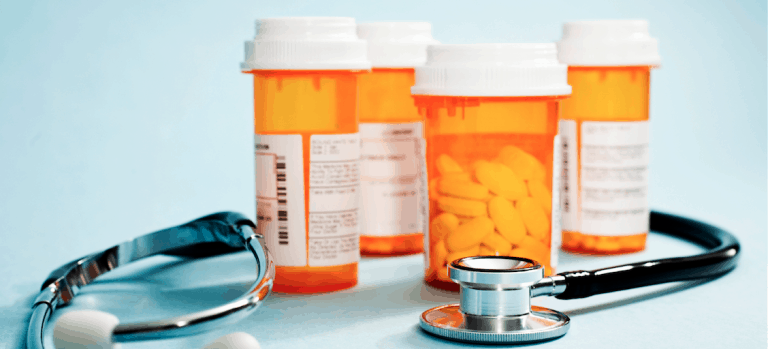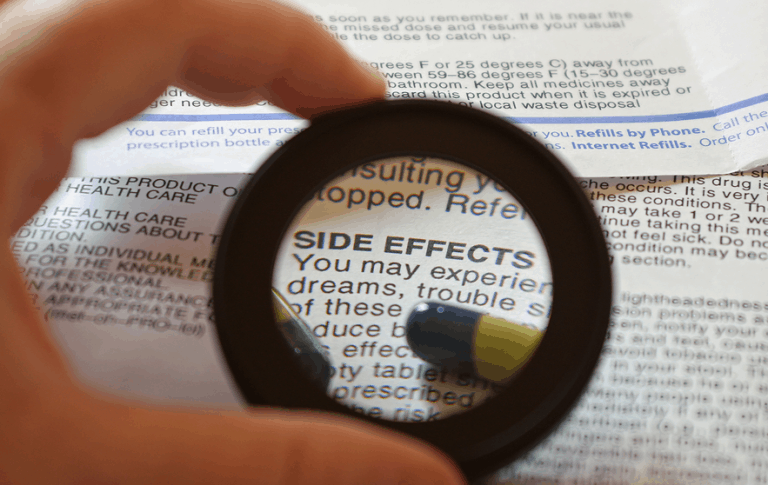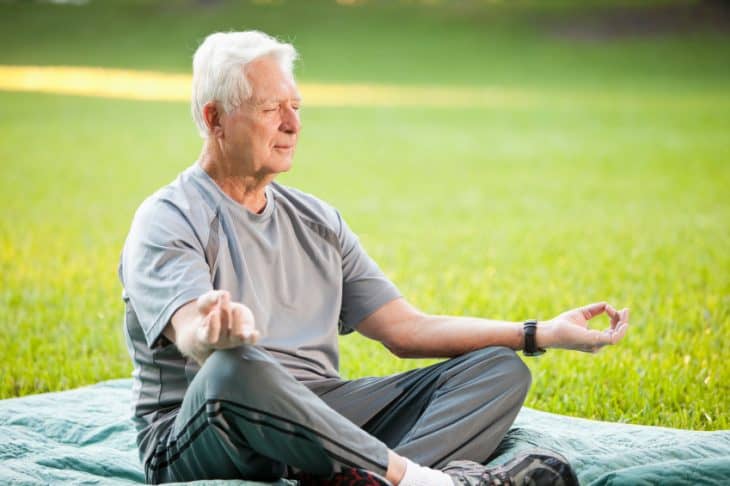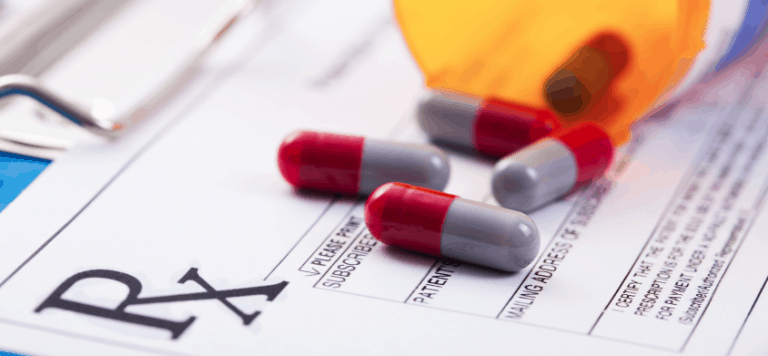It may not sound like an actual treatment, but losing weight is actually one of the most effective alternative treatments for chronic prostatitis/chronic pelvic pain syndrome (CP/CPPS). Carrying all those extra pounds is very detrimental to prostate health and losing weight can help ease symptoms of urinary incontinence (which can accompany prostatitis). In losing weight, you might notice that other prostate conditions you have improve as well. Weight loss can help men with enlarged prostate, also known as benign prostatic hyperplasia (BPH), and another motivator for weight loss is that it reduces risk for prostate cancer.
The prostatitis treatment approaches that look at “whole-body” health for treating CP/CPPS often consider lifestyle factors and body weight. These factors can affect a man’s prostate and general health. One holistic approach developed by a naturopathic urologist recognizes that pain and chronic pelvic discomfort are grounded in a man’s lifestyle, diet, nutrition, and other factors that lie outside the prostate and that may contribute to chronic tension. This program is called NPAT.
The letters of NPAT stands for:
- Natural treatments (ALCAT, elimination diets, and wheat-free diets);
- Phytotherapy (pollen and quercetin together with probiotics);
- Alternative Treatments (acupuncture, prostate massage, pelvic rehabilitation and therapy); and
- Total body (exercise, chronic stress management, lifestyle)
When treating prostatitis and pelvic pain, losing the extra pounds is often just one component of treatment. Men usually try a combination of natural and alternative therapies. Another treatment that is related to weight loss and part of the healthful lifestyle is exercise. You’ll find that the most successful treatment programs usually involve a number of different treatments based on the individual symptoms. If you are overweight, try dropping the excess weight as a step in improving your overall prostate (and whole body) health.
How Does Weight Loss Treatment for Prostatitis Work?
Being overweight and storing excess body fat causes the body to release growth factors called adipokines. Some adipokines promote inflammation, which is important because chronic inflammation contributes to prostate disease and chronic prostatitis. Inflammation in the body causes you to lose protective antioxidants. Many CP/CPPS treatments aim at reducing inflammation.
Regular exercise helps fight inflammation and promotes maintaining a healthy weight. Following a weight-loss plan that incorporates both aerobic exercise and healthier dietary changes can be beneficial in relieving prostatitis symptoms. In fact, the Journal of Urology published a study that found that doing aerobic exercise reduced symptoms of nonbacterial prostatitis much better than doing stretching and motion exercises.
Aerobic exercise is cardiovascular exercise and can involve the following:
- cycling,
- jumping rope,
- brisk walking,
- jogging,
- running,
- playing basketball,
- playing tennis,
- using cardio machines at the gym, or
- taking aerobics classes.
Resistance exercises such as pushups, swimming, and lifting weights are not cardio, but they provide anti-inflammatory effects as well.
A holistic treatment program prostatitis may include weight loss, diet, and good eating habits. Modifying your diet for prostatitis can help you lose weight, but it can also help to manage your symptoms and prevent flare-ups too. You can learn about specific foods to avoid for prostatitis, many of which can exacerbate CP/CPPS symptoms. When looking at diet, some men find relief by eliminating certain foods that can cause inflammation or trigger allergies and food intolerances. Wheat-free diets can help relieve symptoms, as can restoring gut health by taking a daily probiotics supplement.
How to Lose Weight
Talk to you doctor about weight-loss, and come up with an exercise and dietary plan that is right for your needs. Components of a healthy, prostate-friendly diet involve:
- Drinking plenty of water
- Eating plenty of fruits and vegetables
- Choosing plant protein over animal proteins
- Avoiding processed food and high-sugar foods
- Eating healthy fats like omega-3 fatty acids and monounsaturated oils
Following a Mediterranean style of eating can help in maintaining a healthy weight while protecting your prostate.
In terms of getting exercise, try to get moving every day. Find an exercise you genuinely enjoy and do it or play it with a partner or friend if you can. Be sure to incorporate both aerobic and resistance exercises into your workout routine. Set aside time to exercise and build it into your schedule.
When you start a program that encourages weight loss, a healthy diet, and exercise, you’ll find that there are more health benefits than improved prostate health. Taking these steps improves immunity and overall health. Changing a lifestyle to incorporate healthful habits is a much more natural approach to healing and does not involve the negative side effects that come with taking medications to treat or mask the symptoms. You are bound to feel better in general when you lose weight and adopt a healthy lifestyle.







